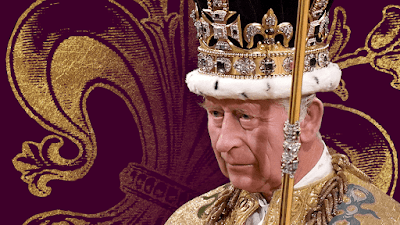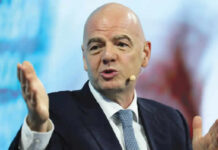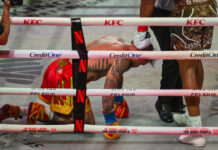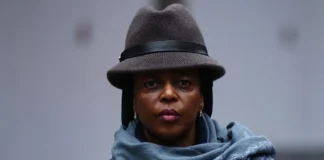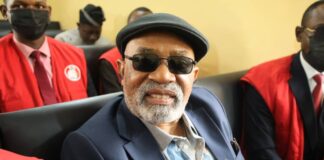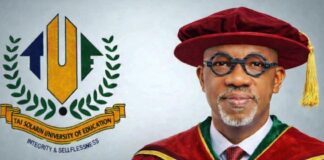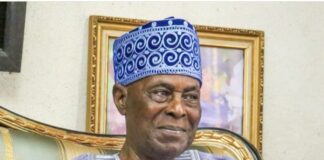AGENCY REPORT
“It is an unequal and out-of-date system because it has a hereditary billionaire individual born into wealth and privilege who basically symbolises the inequality of wealth and power in our society”
British monarch, King Charles III was crowned on Saturday in Britain’s biggest ceremonial event for seven decades, a sumptuous display of pageantry dating back 1,000 years.
In front of a congregation of about 100 world leaders and a television audience of millions, the Archbishop of Canterbury, the spiritual leader of the Anglican Church, slowly placed the 360-year-old St Edward’s Crown on Charles’ head as he sat upon a 14th-century throne in Westminster Abbey.
The historic and solemn event dates back to the time of the 74-year-old’s predecessor William the Conqueror in 1066.
Charles’ second wife Camilla, 75, will be crowned queen during the two-hour ceremony, which while rooted in history, is also an attempt to present a forward-looking monarchy, with those involved in the service reflecting a more diverse Britain and leaders from all faiths.
For a nation struggling to find its way in the political maelstrom after its exit from the European Union and maintain its standing in a new world order, its supporters say the royal family provides an international draw, a vital diplomatic tool, and a means of staying on the world stage.
“No other country could put on such a dazzling display – the processions, the pageantry, the ceremonies, and street parties,” Prime Minister Rishi Sunak said.
Despite Sunak’s enthusiasm, the coronation takes place amid a cost of living crisis and public scepticism, particularly among the young, about the role and relevance of the monarchy.
Saturday’s event was on a smaller scale than that staged for Queen Elizabeth in 1953 but still sought to be spectacular, featuring an array of historical regalia from golden orbs and bejewelled swords to a sceptre holding the world’s largest colourless cut diamond.
Charles automatically succeeded his mother as king on her death last September, and the coronation is not essential but regarded as a means to legitimise the monarch in a public way.
The king and queen left Buckingham Palace for the abbey in the modern, black Diamond State Jubilee Coach accompanied by cavalrymen wearing shining breastplates and plumed helmets.
Hundreds of soldiers in scarlet uniforms and black bearskin hats lined the route along The Mall, the grand boulevard to Buckingham Palace. Tens of thousands ignored the light rain to mass in a crowd more than 20 deep in some places to watch what some saw as a moment of history.
“The split-second glance of seeing the king is really important but I think the whole day as well … the idea of the nation coming together.
“You very much feel the pride in the nation,” said Mark Strasshine after the royal coach went by.
However, not all were there to cheer Charles, hundreds of republicans booed and waved banners reading “Not My King”.
More than 11,000 police were deployed to stamp out any attempted disruption, and the Republic campaign group said its leader Graham Smith had been arrested along with five other protesters.
“It is an unequal and out-of-date system because it has a hereditary billionaire individual born into wealth and privilege who basically symbolises the inequality of wealth and power in our society,” said lawmaker Clive Lewis, who was among the anti-monarchy protesters.
(Reuters/NAN)

